Gaming is Bigger Than Big Groups: Why Indie Showcases Matter
Small teams matter just as much as big studios
Over the weekend and this week, a variety of gaming showcases air, providing a tidal wave of the most exciting news in the industry. Nearly everyone interested in games tunes in to see the hottest upcoming titles, platform updates, and all sorts of gaming news. The eyes of the consumer and the industry professional alike are on companies such as Xbox, Sony, etc. We critique, we analyze, we plan, and we celebrate. For gamers of all kinds, this week in June is a celebration.
However, I’m always reminded around this time of year that all of this euphoric gaming jubilee should not be reserved just for the huge studios. Many of us spend so much time playing games as entertainment that we forget just how valuable of an art medium it is. Sure, seeing new gameplay of Marvel’s Spider-Man 2 or getting a dev diary showcase on Starfield is great for those of us ready to dive into 20-30 hour gaming experiences (which are becoming more of an escape in this decade for sure), but we should not forget that even the smallest projects can tell the most impactful stories. That’s why, this week, shows such as Day of the Devs are so important to the medium.
Wishes Unlimited, developer of Beastie Ball
These smaller types of showcases are, in my mind, similar to an incredibly calm version of Shark Tank. Developer teams have their small cut of screen time in which we get to see real faces and personalities talk to us about their projects. During these shows, you can always see their various emotions as they talk. Some are more visibly excited, others are clearly nervous or not used to being in front of a camera. Yet overall, I usually notice a sales pitch of some sort, though not the kind that is pressured or heavily massaged with business acumen. The way these people show off and describe their game is one of true belief and commitment, the kind of reverence that one has for something they could talk to anyone about. That’s what I love about these shows — I never feel like I’m being sold a game. It’s more like I’m being shown an artistic point of view, a notion that became something magical.
Pre-pandemic, many of the studios rarely had their time in front of the general public. E3 was one of the biggest shows in America for the gaming industry, and with that recognition came a hefty price tag. According to a 2017 article from Playstation Lifestyle, the average cost of a four-person team for three days at the LA Convention Center (where E3 was typically housed) came close to $46,000 USD. For large companies, that price tag could triple. These companies can allocate all this into marketing and event costs, but the small teams of 2-4 people have a much harder time coming up with this money or rationalizing the costs of this. Smaller events that happen more often throughout the year, like PAX, are more viable options, but the costs and traveling could still prove to be a burden for teams both domestic and international.
PAX Expo
With the advent of digital showcases and social media marketing, these studios can essentially put on their own shows anytime they choose. Now, real people could get in front of a camera from the comfort of their own homes or studios and not worry about having to grab the attention of people walking by a booth. It takes one video pitch, and suddenly the eyes of thousands of people can experience it. However, the problem is still exposure. All the social media marketing in the world can only do so much to get a game on someone’s radar. That’s why events like “Day of the Devs” and the “Wholesome Games Showcase” are so important. These specialized shows offer experience, exposure, and digital real estate to the husband/wife combo, the 4-person team, etc.
It’s those small, intimate teams that can often tell stories that grip gamers emotionally best. That husband and wife team I mentioned before? That’s Ryan and Amy Green. These two, along with a small development team, created That Dragon, Cancer in 2016, a game that tells the story of Ryan and Amy’s time with their son Joel, who was diagnosed with cancer at 12 months old. Joel passed away at the age of 5, and the Greens used their time with him as a driver to tell Joel’s story in game form. Though the story is very specific, it can hold a player’s attention for its two hours of gameplay and also tell a heartbreaking and compelling tale.
So many teams have their own stories and a unique perspective to share. Gaming, in many ways, is the perfect medium for this kind of storytelling, as it allows for a visual and audible conveyance that can transcend what people read on a page or see on film. There’s also something to be said for the experience of controlling the pace and flow of this story, as it puts the players directly into the experience instead of segregating them outside as a viewer.
So, the next time you feel like you don’t have anything to play, consider stepping away from the AAA-type project games and visit some of the smaller, unique stories that indie studios create every day.


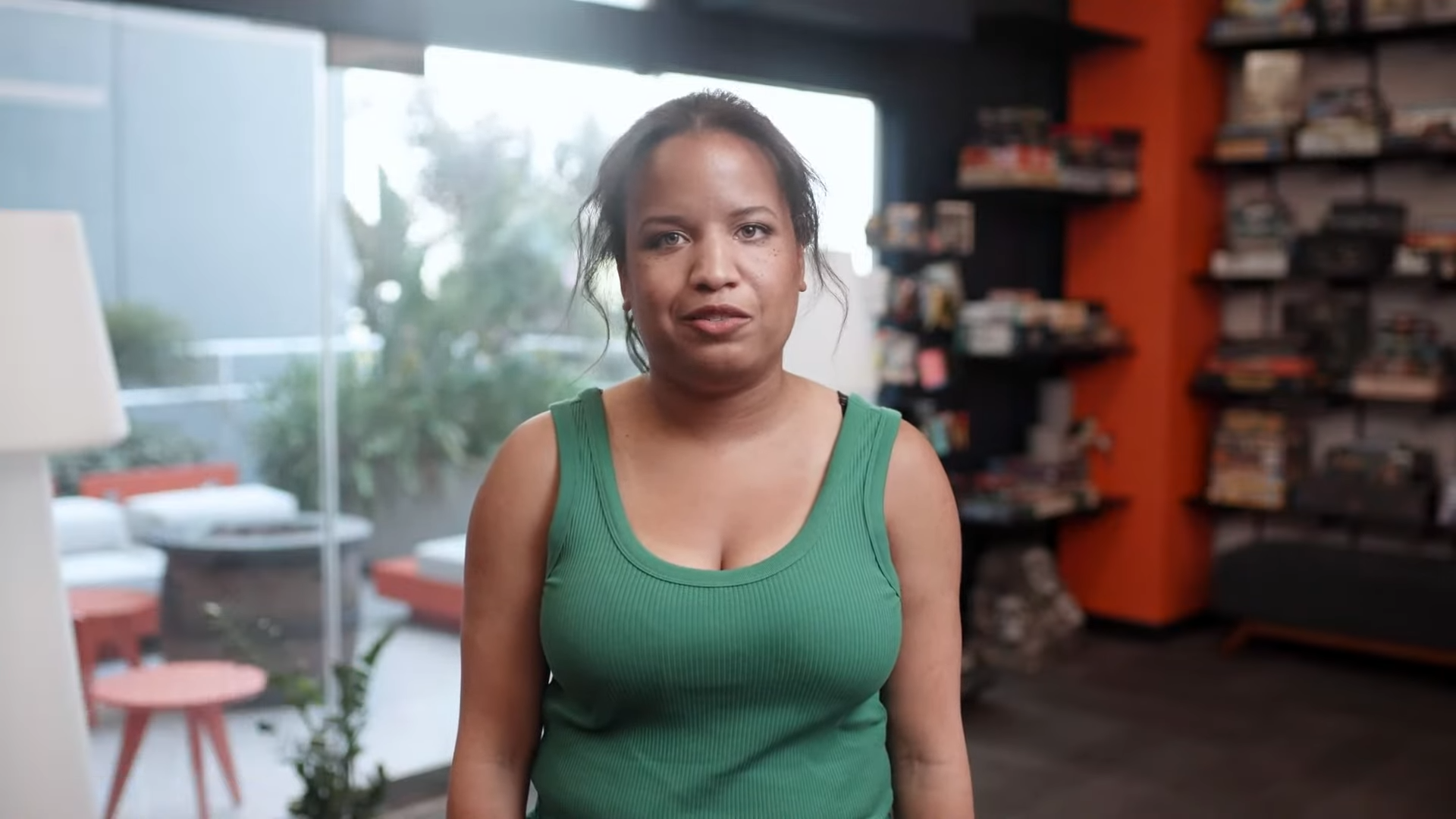
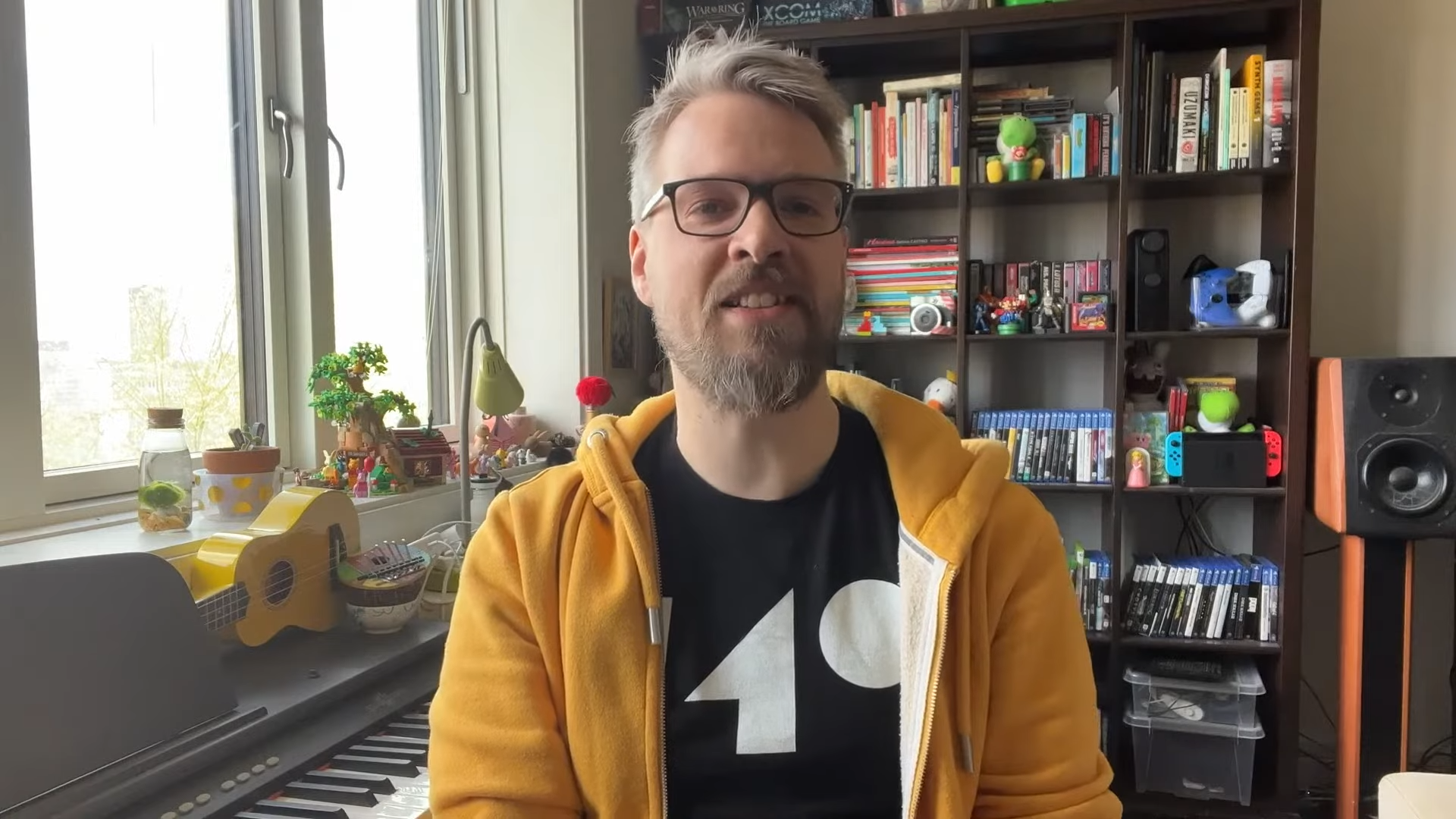
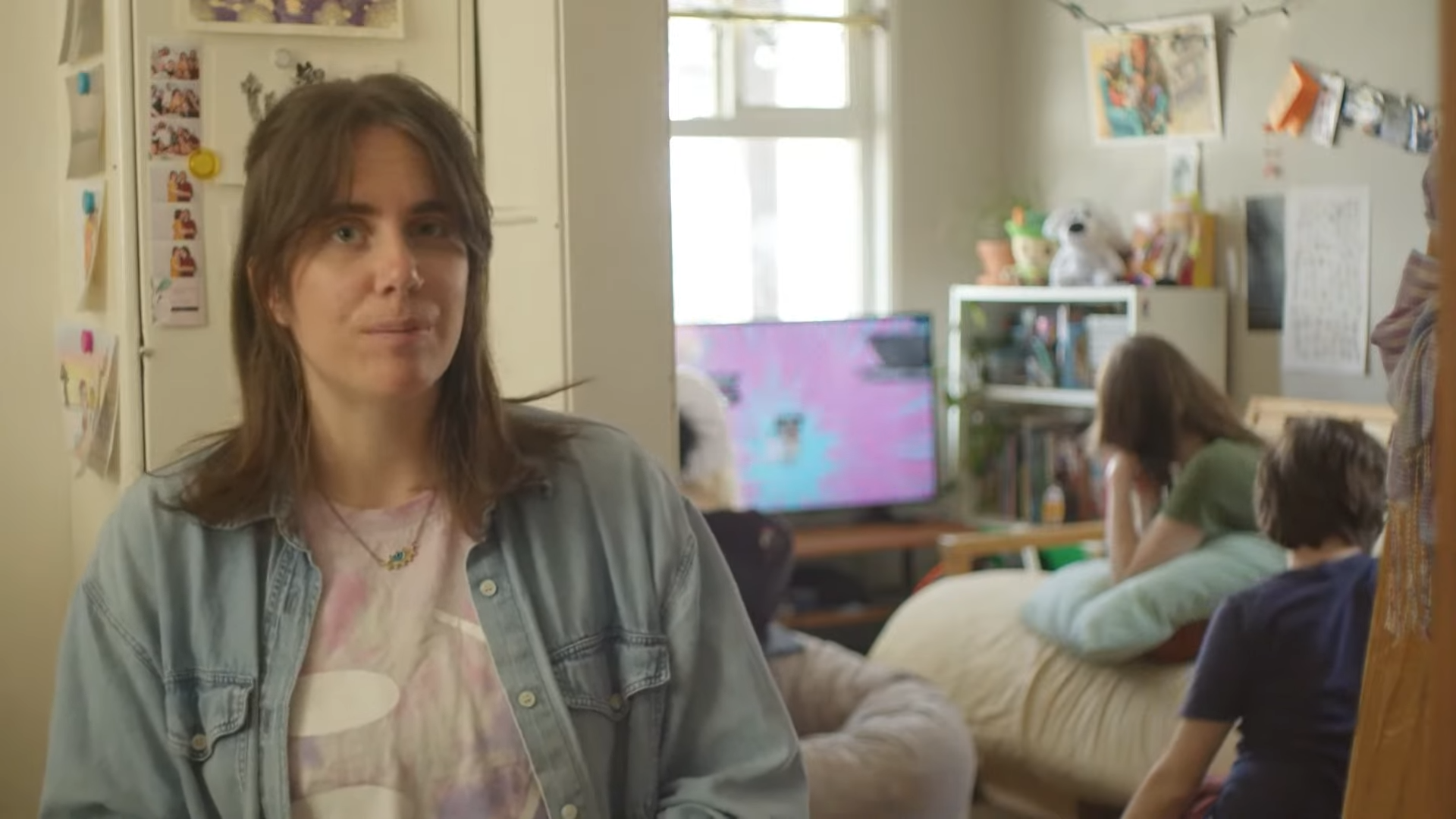
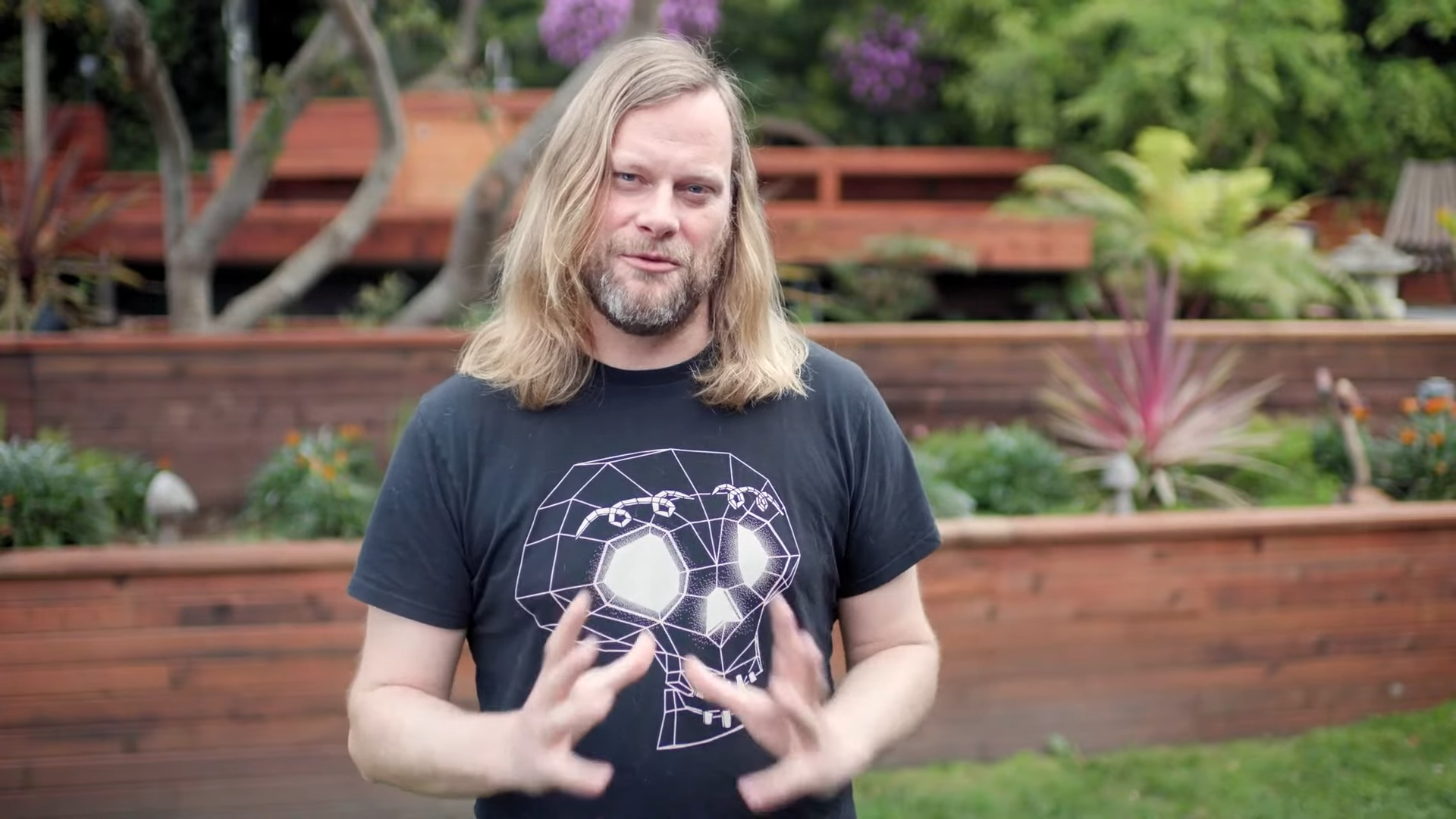

To bring all this back to the main point, this week is influential in a variety of ways in the gaming industry. I suggest that we, as the public, give just as much credence and agency to the small teams as we do the large companies. Therefore, go watch something new this year. Add a 2-3 hour game experience to your Steam wishlist. Visit a small team’s website to learn more about their upcoming projects. Let’s remember that gaming is for everyone, both on the player side as well as the creator side.
If you’re interested in seeing more of these small, indie titles, make sure you check out the showcases displaying them, such as Day of the Devs and Wholesome Direct. Visit the Steam homepage for a breakdown of all games announced throughout this weekend. As always, keep checking back with Forever Classic Games for coverage of all sorts of cool titles big and small.
Featured image: A screenshot from Henry Halfhead by Lululu Entertainment.


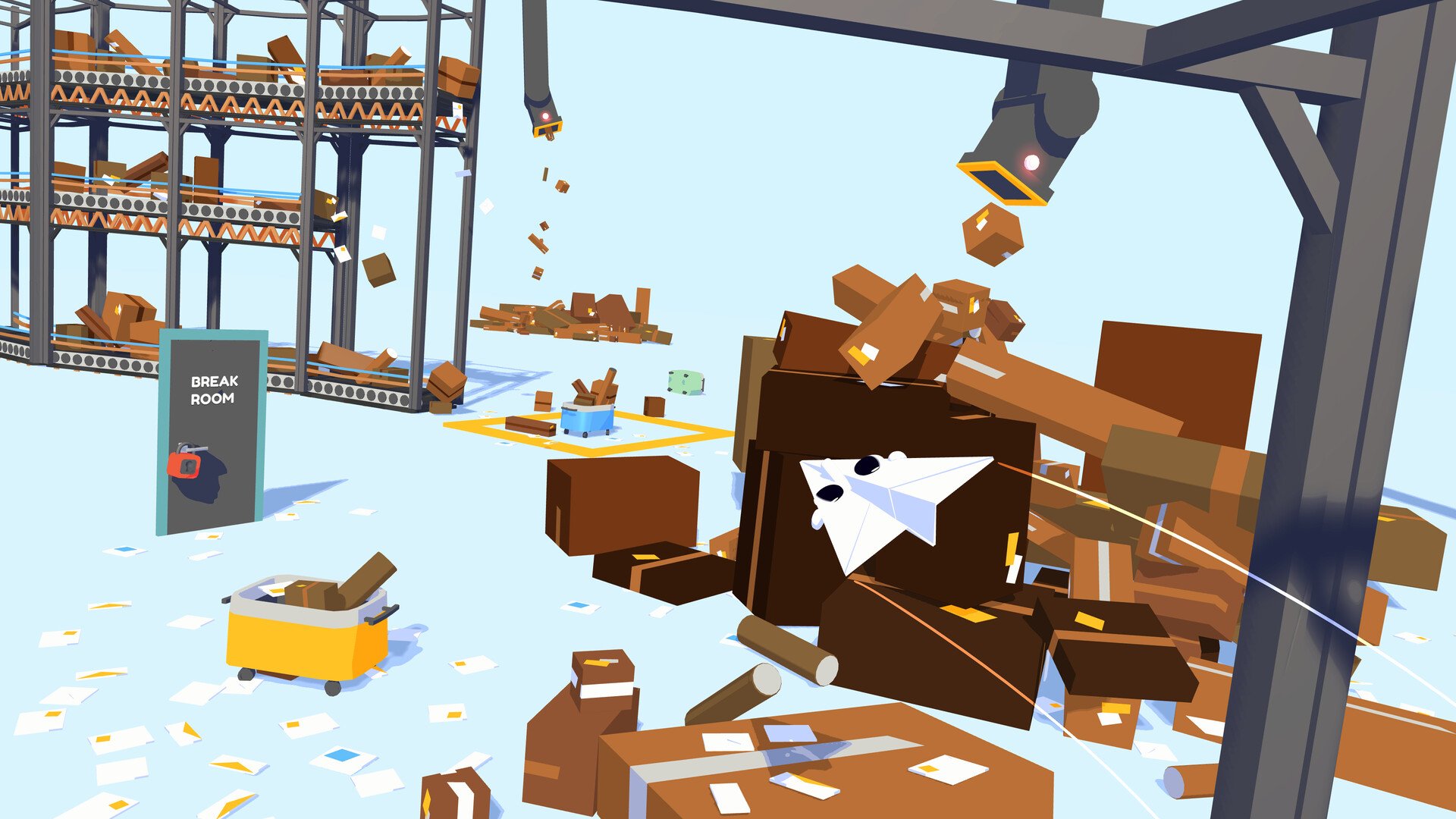

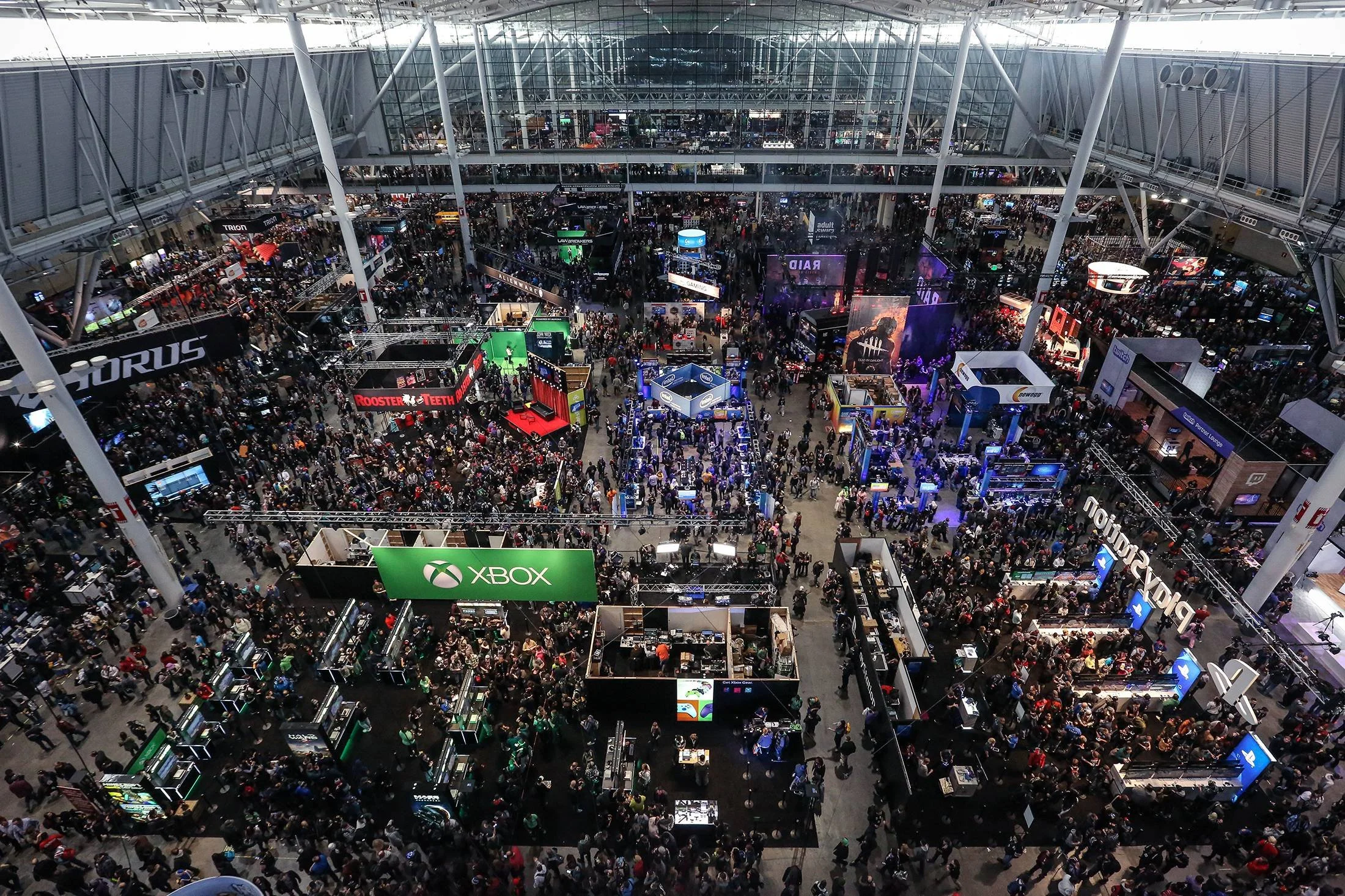

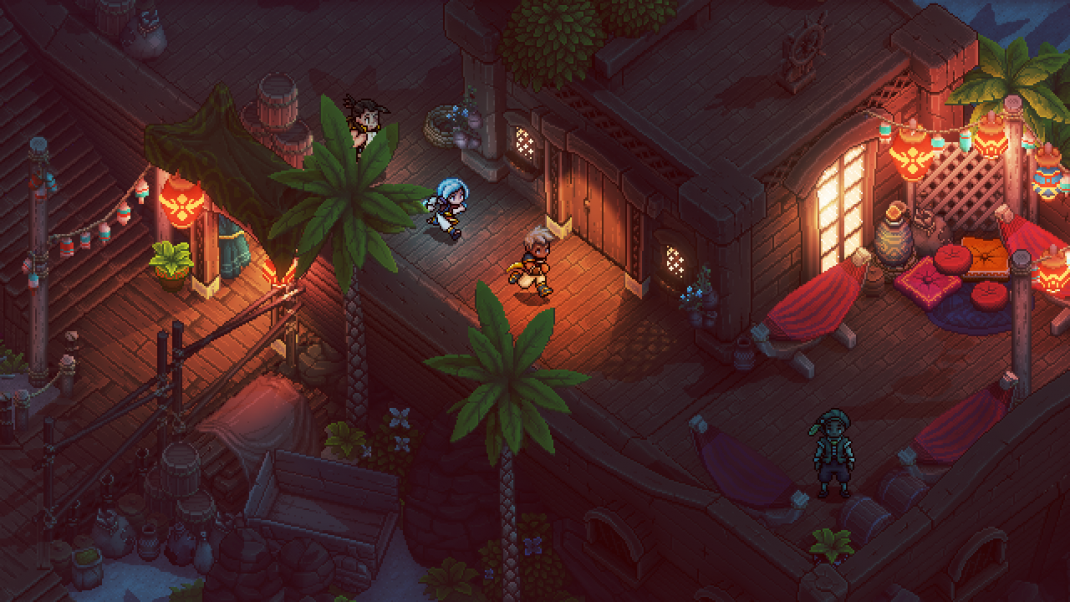

Summer is nearly here, and Forever Classic Games has a list of major gaming events to keep an eye on.